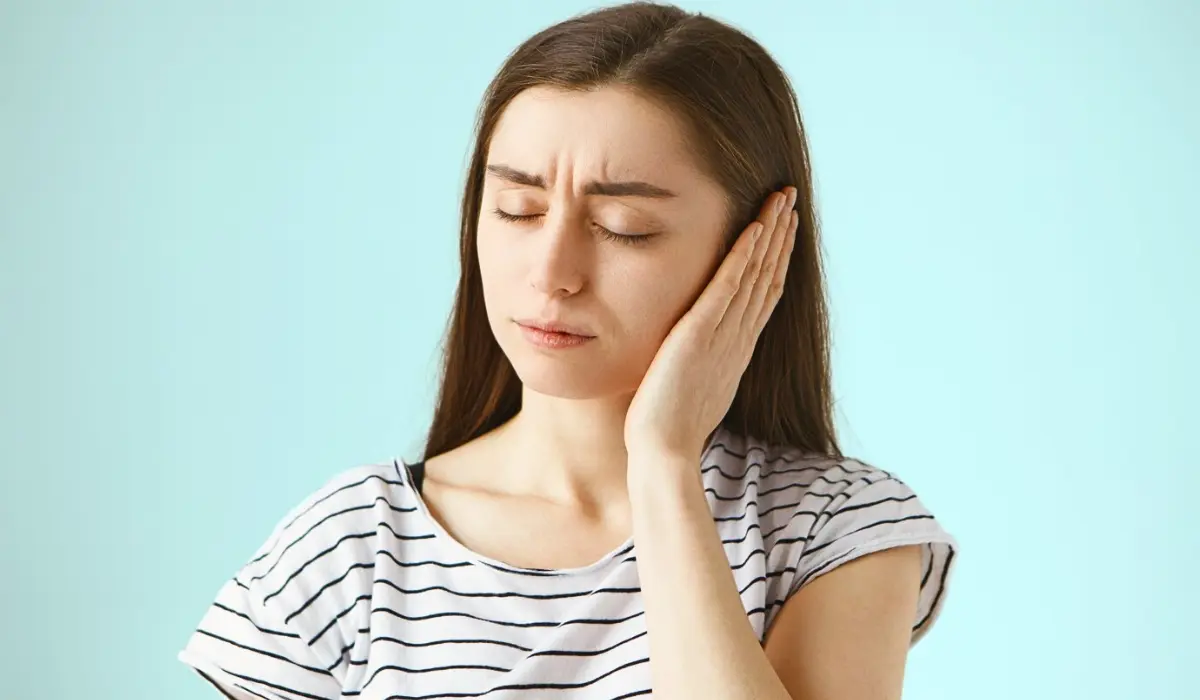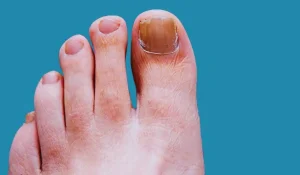An individual may experience earache as a result of wisdom tooth removal. It is a widespread phenomenon. In the worst-case scenario, even hearing loss can occur as a consequence of tooth removal.
However, a huge decrease in hearing is a rare occurrence after tooth extraction. This article explores all the aspects of ear problems after extraction of the tooth while considering the symptoms, causes, and preventive measures.
How Common Is Ear Pain After Tooth Extraction?
Experiencing ear problems after tooth removal can be concerning. But it is common after wisdom teeth extraction. It is a serious dental surgical procedure that requires proper aftercare. The relation between teeth extraction and ear problems may seem unrelated but various causes can explain such issues.

Most people may experience ear pain after removing wisdom teeth. Dental procedures that involve the lower jaw will often lead to pain in the ears. It happens due to the disturbance in the nerves surrounding the area. Medications like Tylenol, Advil, or ibuprofen will help to alleviate the pain.
Sometimes trauma or stress to the TMJ (temporomandibular joint) will also lead to ear problems. Teeth removal may produce some kind of trauma to TMJ which is a joint that connects the jawbone to the skull. It helps you to chew and speak.
You may experience inflammation or dysfunction in this joint after wisdom tooth extraction, which may come out as earache, tinnitus (ringing in the ear), or pressure in the ear.
Inflammation in the sinus will also manifest as ear problems. Upper molars are located closer to the sinus cavity. Removing upper molars will make a potential impact on the sinus lining leading to severe inflammation, congestion, and pain in your ears.
Besides, any surgical dental procedure poses a chance of infection. Wisdom tooth removal is a complicated procedure that carries some risk of infections. In some cases, the infection may spread to nearby areas including ears. A person may experience ear pain, swelling, and discharge as the infection gets worse.
How To Prevent Ear Problems After Tooth Extraction?
There are several reasons for the development of ear problems after a visit to the dentist. These issues that occur after teeth extraction will go away without any particular treatment or care. However, you can use the following tips to prevent some of the ear problems after tooth extraction.
1. Pain Medication
Over-the-counter drugs will work well on ear pain experienced after tooth removal. You can take painkillers, ibuprofen, or acetaminophen to alleviate pain. If your dentist prescribes any medications to manage pain taking them will help to reduce ear pain as well.
2. Cold Compression
Cold compression or cold therapy involves the application of cold to reduce pain or inflammation. Wrap a cold compress on a clean towel and hold it outside of your cheek near the extraction site. It will reduce pain, inflammation, discomfort, and swelling.
3. Take Rest
Since tooth removal involves dental surgical procedures, allowing your body to heal completely will somehow help to reduce pain. Refrain from doing strenuous physical activity. Sleep or give proper rest to your body so that you can heal and recover faster.
4. Elevation
Keeping your head elevated while sleeping or resting after tooth extraction can make profound improvements in ear problems and overall pain.
Use a cushion or pillow to keep your head in an elevated position. This will reduce swelling and minimize the pressure in the extraction site and ear.
5. Maintain Good Oral Hygiene
You must follow proper oral hygiene to keep away infections. Brush your teeth gently two times a day and properly floss the teeth(avoid extraction site) at night. This can limit the risk of infection and possible ear pain.
Most of the discomfort accompanied by teeth removal will resolve on its own within a few days. If you find your ear problems get worse or start to develop chills or fever consult your dentist or healthcare provider immediately.
When Should I See A Doctor?
Most ear problems are temporary and don’t need to be treated by a professional. But if you find the following symptoms it will be best to seek expert help.
- Persistent pain – If your ear pain seems to get worse or starts to show other symptoms consult your dentist.
- Fever – Having a fever or chills is an indication of an infection.
- Bleeding – If you are bleeding excessively from the extraction site, do not wait for it to resolve on its own.
- Bad breath – A foul or rancid odor from your mouth is a sign of infection.
Conclusion
Ear problems after extracting a tooth are common and will resolve without any treatment. An infection, TMJ dysfunction, sinus involvement, inflammation, and trauma to the nerves may manifest as earache.
If you find it difficult to manage any of these symptoms do not hesitate to consult your doctor. Timely communication with your dentist and proper aftercare will ensure overall oral wellness after teeth removal.







